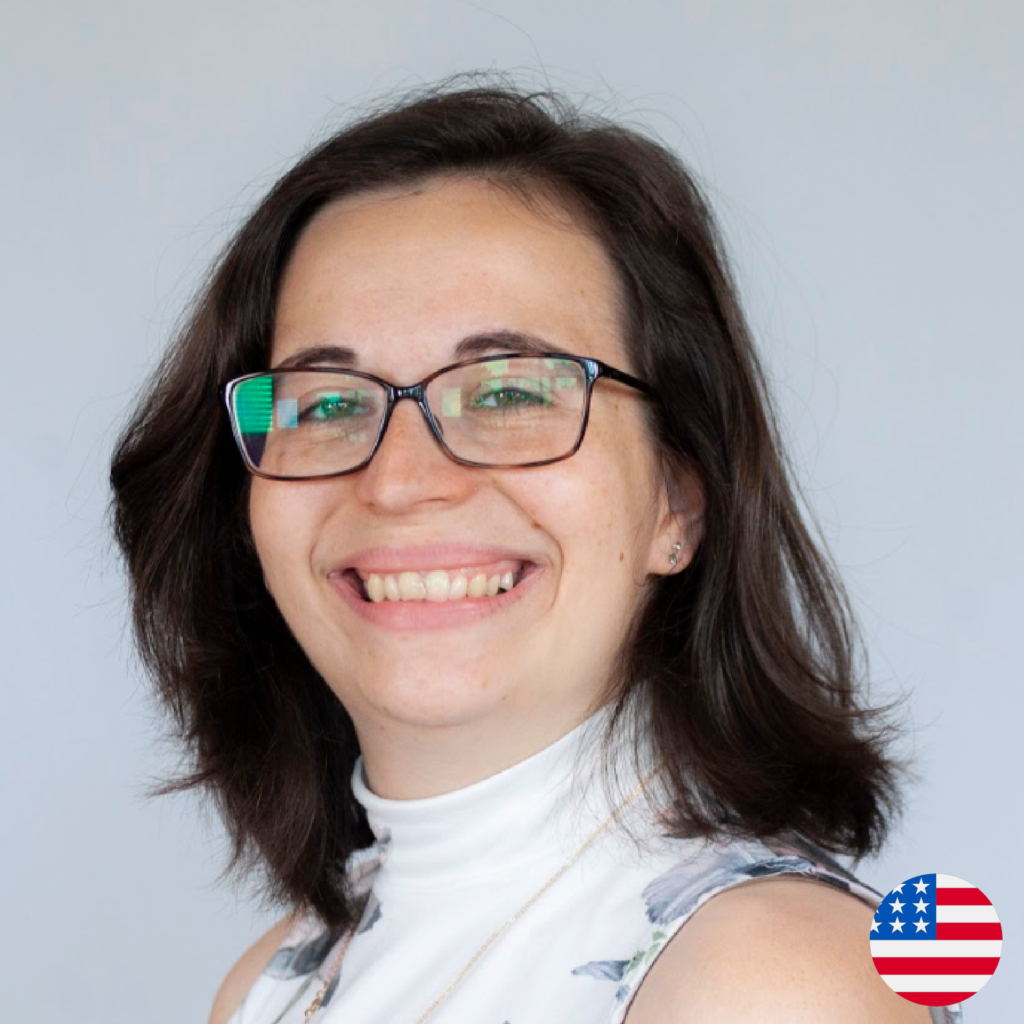
In a giant concert hall with roughly 600 students and community members in attendance, the University of Massachusetts at Amherst hosted an event this fall titled “Criminalizing Dissent.” Its panelists included activist and founder of the BDS movement Omar Barghouti (who addressed the crowd via Skype, as he was denied entrance to the United States), among others, moderated by Palestinian American activist Linda Sarsour and sponsored by Professor Sut Jhally.
The event focused on the difficulties faced by BDS activists and the silencing of what they deem as legitimate criticism of Israel. They painted themselves as the righteous advocates against what they described as right-wing, white-supremacist forces designed to silence anyone who says anything remotely against Israel. Their goal was to sell BDS to the masses under the guise of academic freedom and free speech, and open and honest dialogue. The reality is this kind of dialogue is purely one-sided, as Barghouti and Sarsour only want free expression of ideas on their terms.
Barghouti decried the findings of a U.S. Department for Education probe that investigated the use of public funds to sponsor a possibly biased, Gaza-related conference held at the University of North Carolina. They implied that the investigation was all part of a campaign to silence criticism of Israel, though made no mention of the controversy regarding an Arab-Israeli rapper at the conference who encouraged his audience to be antisemitic with him, as he performed a song titled “Mama, I’m in Love With a Jew.”
The investigation, according to the speakers, was part of a right-wing conspiracy to silence anyone that supports Palestinian human rights. The speakers stated that any similar efforts were an affront to academic freedom. That’s not the case. The funds provided by the government are expected to be used for events with diverse perspectives in order to inspire earnest conversation and not one-sided rhetoric.
Barghouti, Sarsour and Jhally lamented about academic freedom, and open and honest dialogue. But what does that look like? Academic freedom is not about pushing a political agenda in class, as Jhally has done, nor is it about turning students into talking-point-spewing Borg drones. It’s about presenting two sides of a story through varying and contradictory sources so as to empower and educate students.
It appears that the speakers want the right to bash Israel unchallenged. True academic freedom means allowing all voices to be heard and represented, not just the ones the panelists agree with. But what in their eyes does academic freedom and open dialogue look like?
It looks like their way or the highway, where any disagreement with their beliefs get one labeled an “undesirable” and ostracized. A prime example of this in academia is when a Jewish professor at a Brooklyn community college was greeted to the comment “Kill the Zionist entity” right on his door. The rhetoric of professors like Jhally and such speakers can have an effect on the lives of faculty, students and the community. Sarsour was on, but then booted off, the board of the Women’s March, which regularly came under fire for antisemitism and ostracization of Jewish voices.
“True academic freedom means allowing all voices to be heard and represented, not just the ones the panelists agree with.”
Hatem Bazian, professor at the University of California, Berkley, and founder of the Students for Justice in Palestine movement has routinely denied Jews the right to self-determination; defended the terrorist organization Hamas; and called for a violent uprising here in the United States. Such rhetoric translates easily to SJP students across campuses all over the world, which then leads to boycotts of pro-Israel student groups and an increase in harassment of students on campus.
Barghouti, Sarsour and the likes of SJP have made relentless attempts to silence pro-Israel voices. They are not interested in dialogue; they do not want to listen, nor to find ways to have an honest conversation. They want the freedom to spread their misinformation and bigotry without any ramifications and with little regard for the harm this does to students. Sarsour has tweeted things like “nothing is creepier than Zionism” and called an entire nation of people white supremacists.
Under their Orwellian-style regime, the overlords will tell you what to think and who to speak to, and to avoid those they deem “undesirable.” If Barghouti, Sarsour and the other presenters at UMass are so concerned about academic freedom and integrity, why not invite Zionists or pro-Israel progressive-minded speakers? Why not engage in conversation and open debate, with those qualified to counter or refute their arguments?
Through the narrative of concern for human rights and plights of the oppressed, the speakers presented a picture where they were victims of attacks on their right to free expression. But they, in fact, are the ones who constantly label anyone who disagrees with them as white supremacists and evil warmongers. Demonizing people will not change our minds, and attempting to silence us with platitudes about what victims they are will not convince us.
Originally published in jns.org.
Contributed by CAMERA’s campus advisor Sasha Chernyak.
